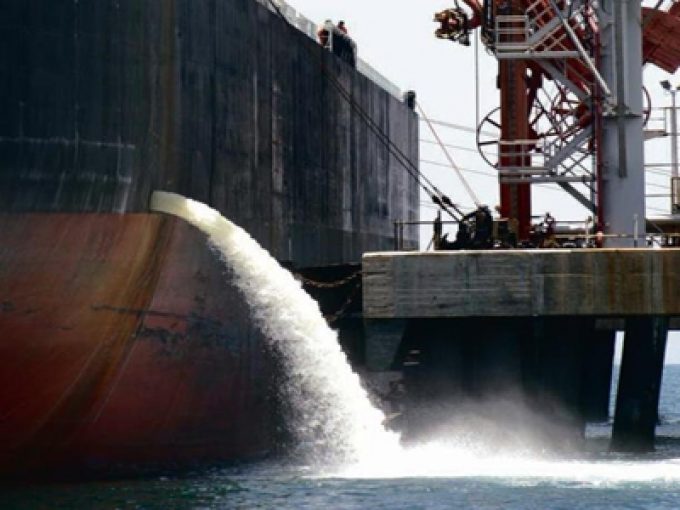Slow steaming not the way to reduce emissions, 'check the ship's systems'
Despite being highlighted by the International Maritime Organization’s carbon intensity indicator (CII) index, slow steaming ...

Few outside shipping’s technical circles understand ballast water management systems – and hell, why should they – but the practice of taking on ballast water in one part of the world and discharging it elsewhere represents one of the greatest threats to many marine ecosystems, as it has resulted in “the spread of invasive aquatic species, which can cause havoc for local ecosystems, affect biodiversity and lead to substantial economic loss”. Last week Finland voted to adopt a convention on ballast water management drawn up by the International Maritime Organization, and by doing so pushed the required threshold of international tonnage over the 35% mark, which means the convention will become international law 12 months from now. Trouble is, the US is also introducing a ballast water law, but one that is considerably stricter than the IMO’s, leaving some shipowners with some difficult decisions to make.
MSC Aries now bound for Iran, and crisis will be 'a catalyst for higher rates'
Urgent call for breakdown of cargo onboard as General Average declared on Dali
Hong Kong drops out of world's top 10 busiest container ports
Iranian troops seize MSC box ship while Somali pirates net $5m ransom for bulker
Flexport is 'back on track' – now it needs to start growing again
Bottlenecks and price hikes as airlines now avoid Iran airspace
Capture of MSC Aries will further drive up Indian export costs
Iran may now pose a threat to multimodal supply chains via Dubai
Alex Lennane
email: [email protected]
mobile: +44 7879 334 389
During August 2023, please contact
Alex Whiteman
email: [email protected]
Alessandro Pasetti
email: [email protected]
mobile: +44 7402 255 512

Comment on this article